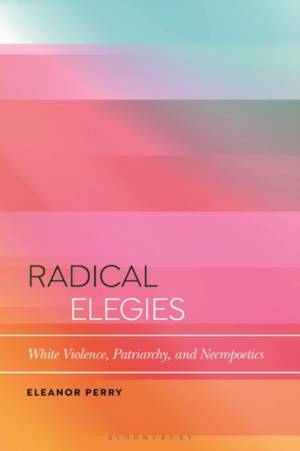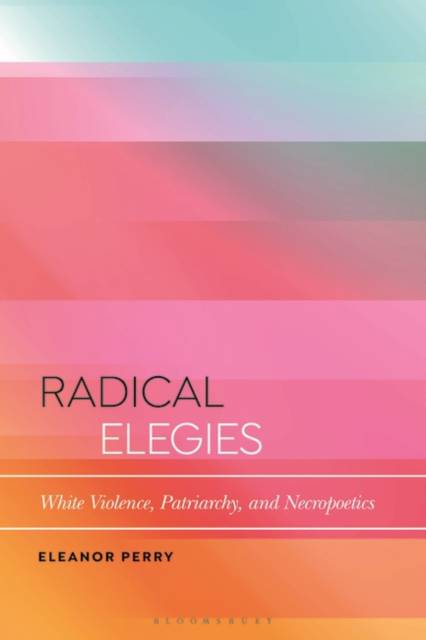
- Afhalen na 1 uur in een winkel met voorraad
- Gratis thuislevering in België vanaf € 30
- Ruim aanbod met 7 miljoen producten
- Afhalen na 1 uur in een winkel met voorraad
- Gratis thuislevering in België vanaf € 30
- Ruim aanbod met 7 miljoen producten
Zoeken
€ 203,95
+ 407 punten
Uitvoering
Omschrijving
Why is the poetic mode of elegy so often understood as the domain of white, wealthy male poets? What possibilities and limitations exist for rethinking the ways in which we construct an elegiac tradition? Through close examination of the rigid hierarchies and binaries that pervade the elegiac canon as it is traditionally understood, this book explores these possibilities in order to examine whose work tends to be excluded from the discourse and why.
Through in-depth close readings of elegies by Black women, trans* women, and non-binary writers, this book foregrounds forms of poetic knowledge and poetic practices that trouble - or work against - the ideals, values, standards and forms of knowledge embodied by the 'English' elegy so often privileged within canonical tradition. In doing so, it offers a challenge to the ways in which we currently read elegy, unearthing possibilities for revising our understanding of the elegiac tradition.
Through in-depth close readings of elegies by Black women, trans* women, and non-binary writers, this book foregrounds forms of poetic knowledge and poetic practices that trouble - or work against - the ideals, values, standards and forms of knowledge embodied by the 'English' elegy so often privileged within canonical tradition. In doing so, it offers a challenge to the ways in which we currently read elegy, unearthing possibilities for revising our understanding of the elegiac tradition.
Specificaties
Betrokkenen
- Auteur(s):
- Uitgeverij:
Inhoud
- Aantal bladzijden:
- 208
- Taal:
- Engels
- Reeks:
Eigenschappen
- Productcode (EAN):
- 9781350236066
- Verschijningsdatum:
- 19/05/2022
- Uitvoering:
- Hardcover
- Formaat:
- Genaaid
- Afmetingen:
- 156 mm x 234 mm
- Gewicht:
- 471 g

Alleen bij Standaard Boekhandel
+ 407 punten op je klantenkaart van Standaard Boekhandel
Beoordelingen
We publiceren alleen reviews die voldoen aan de voorwaarden voor reviews. Bekijk onze voorwaarden voor reviews.











